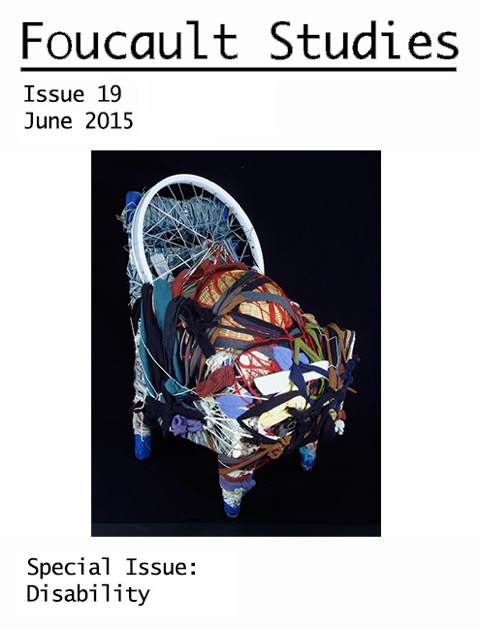State Racism and the Paradox of Biopower
DOI:
https://doi.org/10.22439/fs.v0i19.4828Schlagworte:
biopower, state racism, state killing, sovereigntyAbstract
As it has often been emphasised, through the concept of biopower, Foucault attempts to move away from the problem of sovereign power. Yet, after exposing Foucault’s conceptualisation of biopower, in this article I argue that he cannot simply leave this problem behind. In particular, reflections on Nazism and how the Nazi state uses racism to sustain itself force him to return to the problem of sovereign power to explain how state killing continues to be possible, and actually takes on new and extreme forms, in modern times. These same considerations further complicate the theoretical distinction between biopower and sovereign power put forward, albeit not without hesitations, by Foucault but contested by other authors such as Agamben, while offering an interesting standpoint from which to reconsider the question of sovereignty and its interrelationship to biopower.Downloads
Veröffentlicht
2015-06-18
Zitationsvorschlag
Fiaccadori, E. (2015). State Racism and the Paradox of Biopower. Foucault Studies, (19), 151–171. https://doi.org/10.22439/fs.v0i19.4828
Ausgabe
Rubrik
Articles
Lizenz
Authors retain copyright to their work, but assign the right of the first publication to Foucault Studies. The work is subject to a CC BY-NC-ND 4.0 license, but despite these restrictions, authors can take for granted that Foucault Studies will permit articles published in Foucault Studies to be translated or reprinted in another format such as a book providing a full reference is made to Foucault Studies as the original place of publication.



